The 3rd Tingin ASEAN Film Festival was held from September 26-29, 2019 at the Red Carpet Cinema of Edsa Shangri-la Plaza Mall in Mandaluyong City.
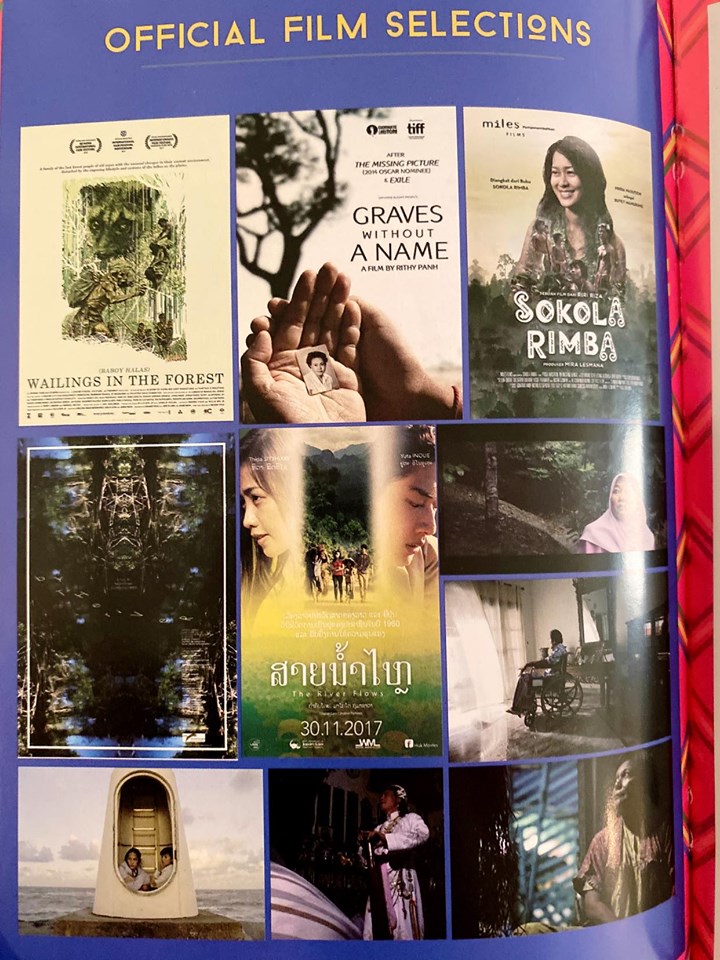
The annual film festival which started in 2017 featured 11 wonderful films from Brunei, Lao PDR, Thailand, Singapore, Malaysia, Vietnam, Indonesia, Myanmar, Cambodia and the Philippines.
Cambodia – Graves Without a Name
Brunei – Anggur in Pockland
Lao PDR – The River Flows
Indonesia – Sokola Rimba
Myanmar – In Exile
Philippines – Wailings in the Forest and Thy Womb (special screening film)
Singapore – Sayang Disayang
Thailand – By the River
Vietnam – Love Man, Love Woman
Malaysia – Aqerat
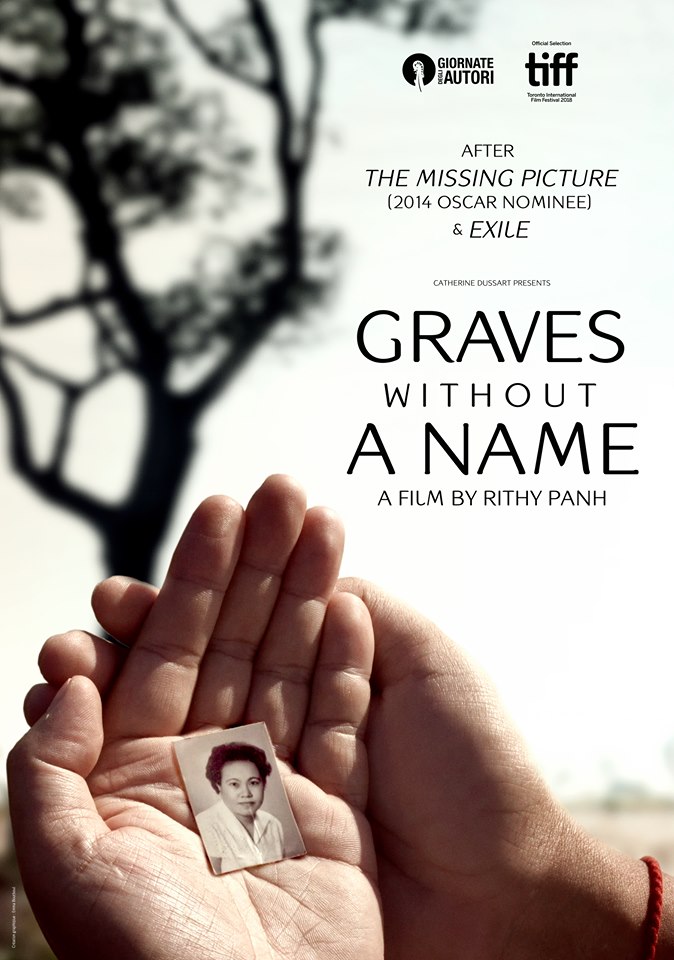
There were lectures thru A Closer Look and 20/20 Vision that featured Master Classes and artist’s talks from visiting directors Edmund Yeo for “Aqerat” from Malaysia, Nontawat Numbenchapol for “By the River” from Thailand and Bagane Fiola for “Baboy Halas” from the Philippines.
These talks gave a chance to both the directors and movie-goers to interact and ask questions pertaining to their films or cinema in general.
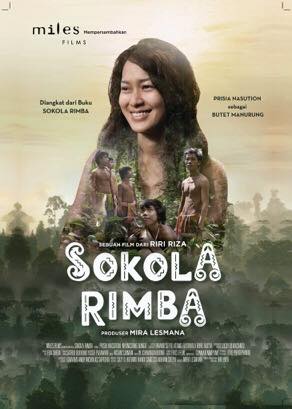
Despite my busy schedule covering events, I was able to catch the opening film of TINGIN, featuring director Bagane Fiola’s Wailings in the Forest (Baboy Halas) shot in Mindanao and was an official entry to the QCinema 2017 edition.
The film is about a family of the last forest people of old copes with the unusual changes in their ancient environment, disturbed by the imposing lifestyle and customs of the tribes on the plains.
While watching the film, I was not only amazed by the intact bountiful forest we have in Mindanao amidst some insurgent situations and conditions. I also admired his amazing cinematography, sound design and the highlight of actual tribal people to make the essence more authentic.
Fiola won NETPAC Jury Prize and Best in Cinematography in QCinema 2017 among others.
I was also able to catch Sokola Rimba by director Riri Riza from Indonesia which was inspired by the book of the same name, it chronicles the early career of Bunet Manunung, award-winning Indonesian anthropologist and founder of SOKOLA, a non-profit organization dedicated to providing literacy and advocacy programs for indigenous and marginalized communities.
There is good in this world! The film for me was very endearing and projects the fervent hope and good in this world that still exists in some people who really want to make and prove a difference that despite obstacles, goals are achieved.
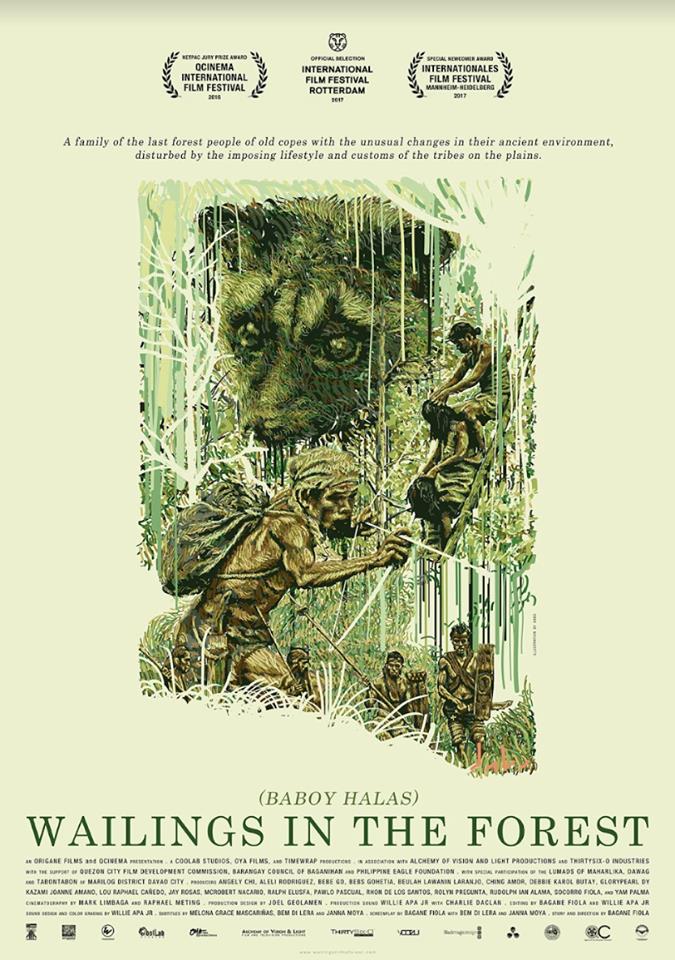
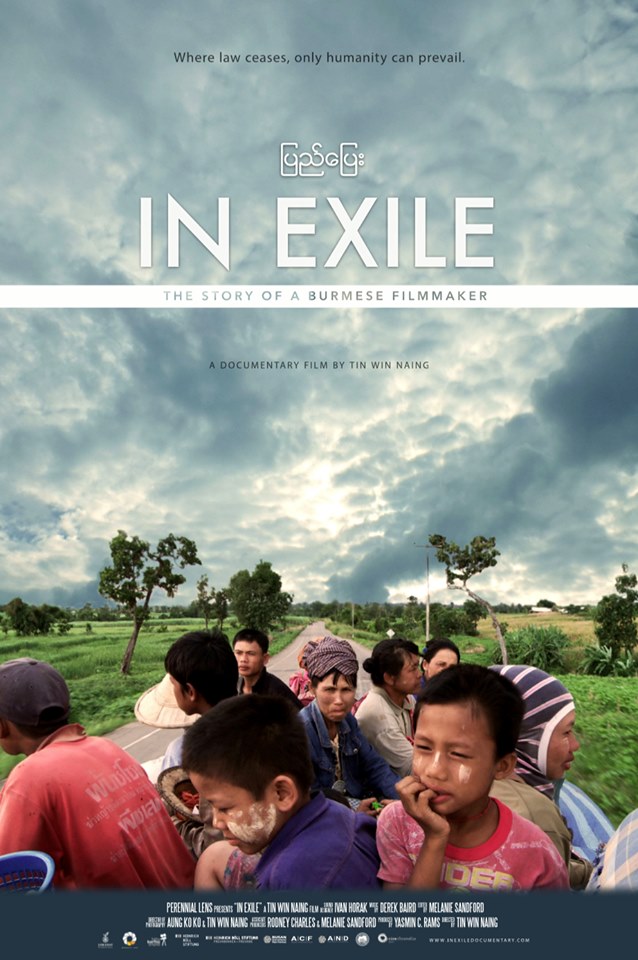
I was also able to view In Exile by director Tin Win Naing, a political documentary and personal encounter of Naing being a refugee forced to flee in nearby Thailand after filming this project. Thankfully we are all able to see his hard work!
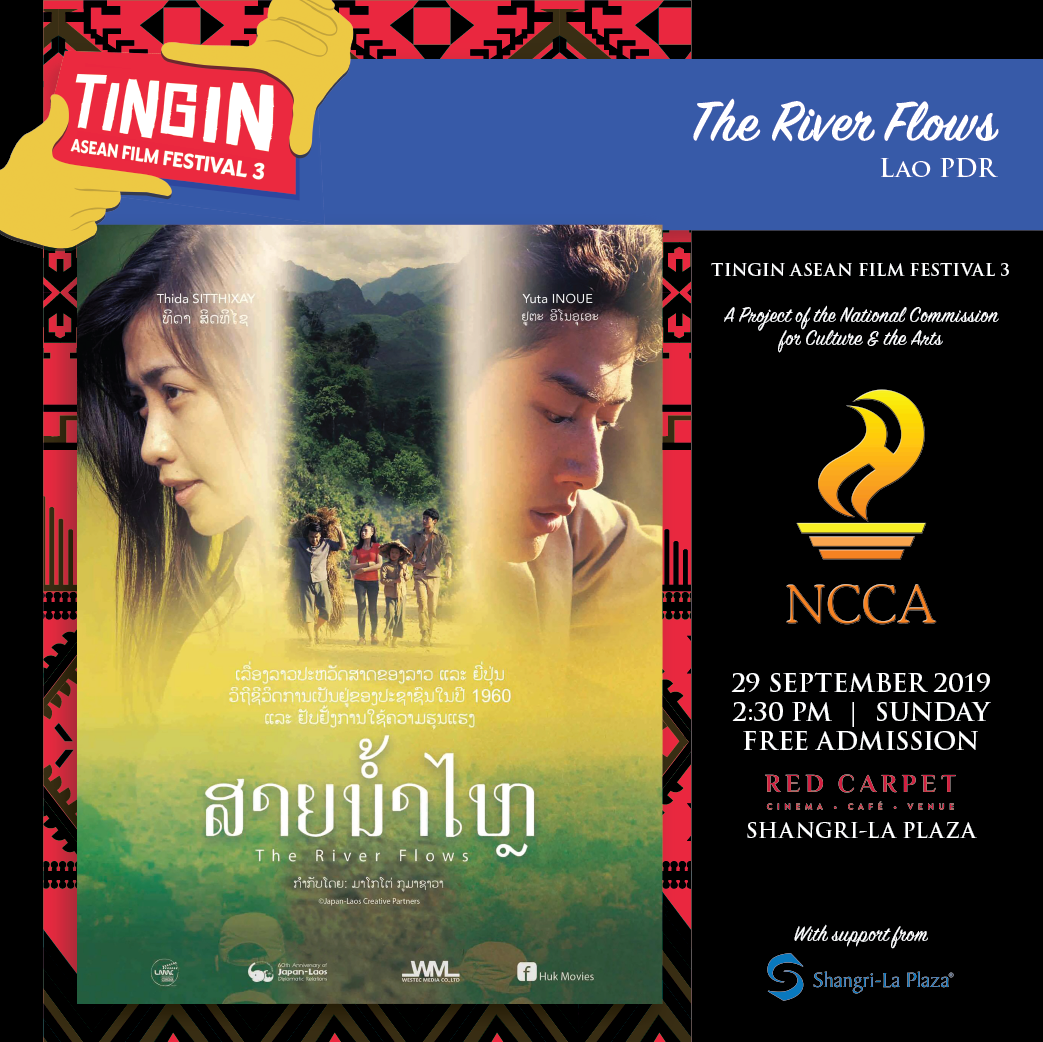 A personal favorite of mine is the entry from Lao PDR directed by Makoto Kumazawa, The River Flows made in 2016.
A personal favorite of mine is the entry from Lao PDR directed by Makoto Kumazawa, The River Flows made in 2016.
The story focuses on Noy who ran away from home to chase her dream of living in the big city. While on vacation with her friends, she accidentally travels back in time to year 1960—a time when Laos was in a civil war. There, she meets Kawai, a young Japanese man doing research for the first dam project in Laos. They encounter other characters and meet different challenges as Noy tries to find her way home, relearning the way of life in the countryside.
Time travel was the twist in this film connecting the past to the present time Lao country. The interesting characters made the story extra-interesting focusing on the rural and simple life of the past and how a foreign contribution can make a difference to a nation that needs agricultural development.
Love Man, Love Woman from Vietnam focuses and explores how the effeminate and gay men of Vietnam have established connections and found a venue of expression under the tenets of the popular Mother Goddess Religion,
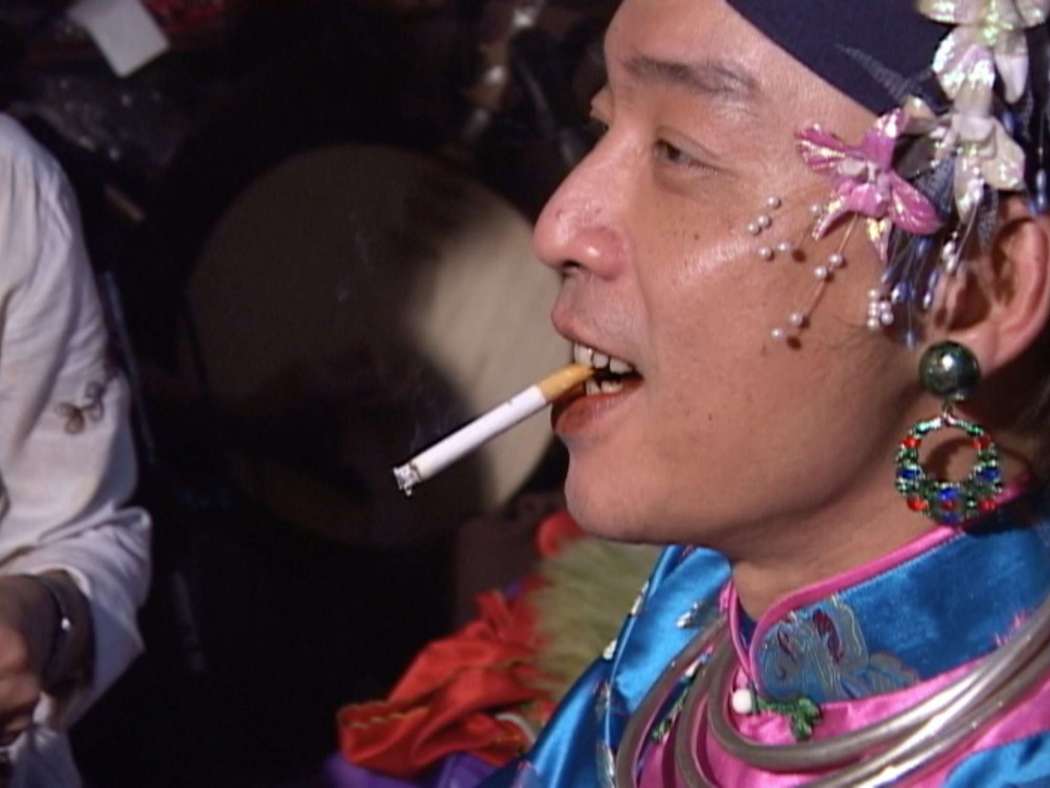
In Focus: Indigenous Stories is the theme for this year’s festival. There were also more documentaries shown this time aside from the narratives. But I guess my fellow movie-goers preferred more narratives instead.
The experience in watching these films from neighboring countries is a breath of fresh air for me. It also shows the veracity and diversity of conflicts, plots and twists and real life situations all put into the big screen that reminds us humans these productions can inspire, anger, bother and motivate our lives, cinematically-speaking.
Southeast Asia through the eyes Cinema.
Congratulations to everyone involved especially to Festival Director Maya Quirino and her Staff/Secretariat.

This festival is a project of the National Commission for Culture and the Arts (NCCA).
Until next year!
??

